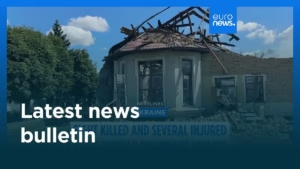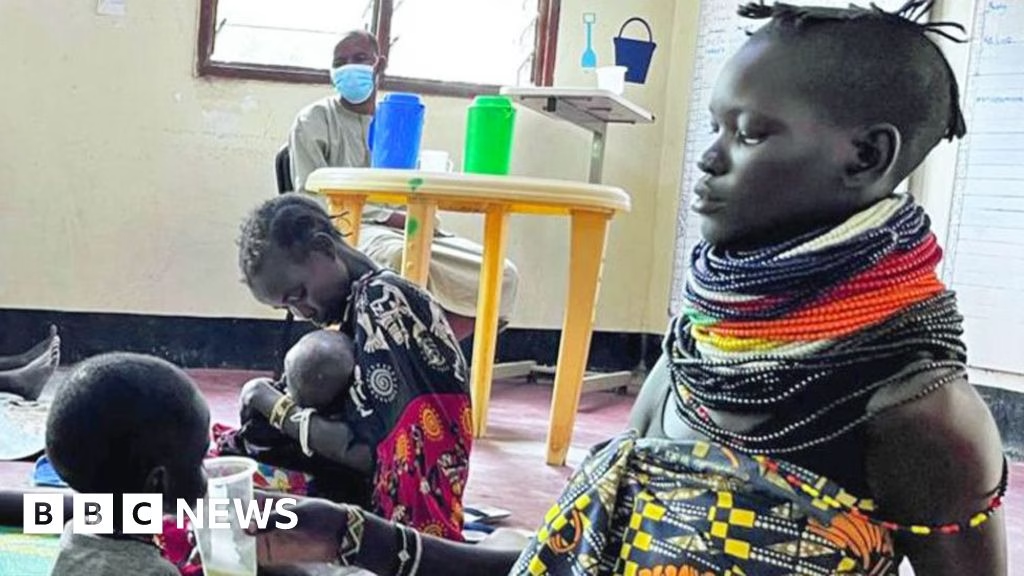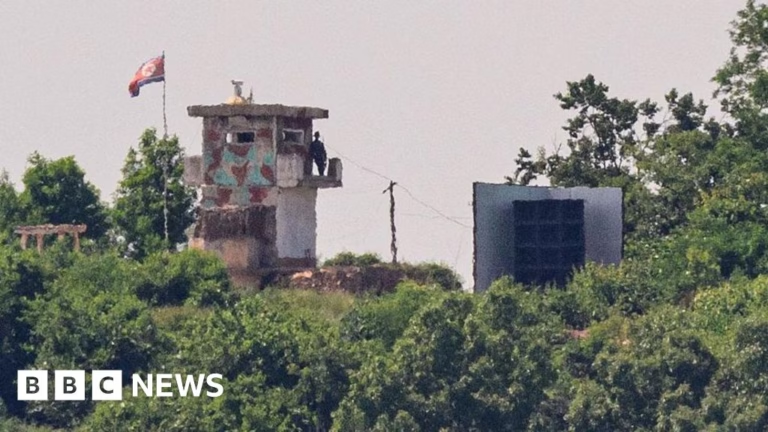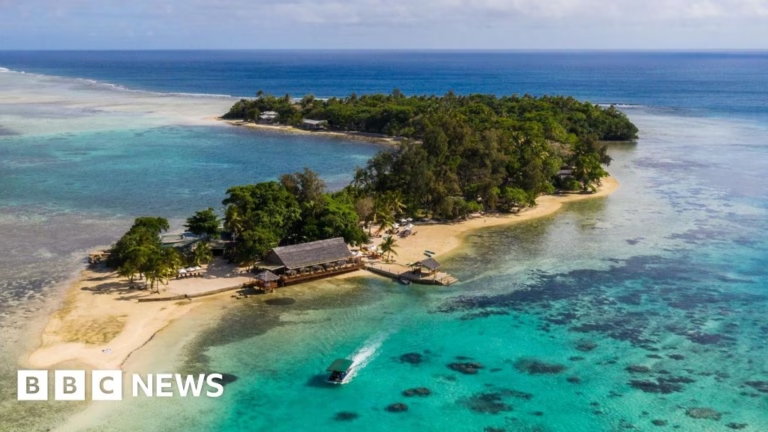Refugee camps in Kenya are facing a crisis due to US funding cuts which have significantly reduced food rations and left hundreds of thousands of people in a dire state of malnutrition. The situation is most evident in the overcrowded Kakuma camp, which is home to approximately 300,000 refugees who have fled from conflict in Africa and the Middle East.
Children in the camp’s Amusait Hospital are severely malnourished, with many showing physical signs of starvation, including wrinkled, peeling skin indicative of severe malnutrition. Parents are struggling to feed their children, as food provided by the World Food Programme (WFP) is far below the recommended minimum to sustain health.
Outside the food distribution center, refugees can be seen waiting in queues to receive their reduced rations. Rations, which have decreased to only 30% of the necessary minimum intake, are causing families to go hungry and are not enough to last the mandated two months.
Additionally, cuts to cash transfer programs, known locally as “bamba chakula,” which previously provided funds for basic supplies are no longer accessible to refugees. This has not only affected the diet of refugees, including those with specific dietary needs but has also led to the collapse of small businesses and markets within the camp. Traders who could once extend credit are now faced with customers unable to purchase basic necessities.
Undernourishment and food scarcity continue to threaten the lives of refugee children and adults alike, and without access to sufficient funding to support these populations, the situation remains critical. Aid agencies are working to find alternative donors to support their programs, but the outlook remains uncertain, with serious concerns about the prospects of starvation by August.
Source: https://www.bbc.com/news/articles/c1dew7zyg49o







